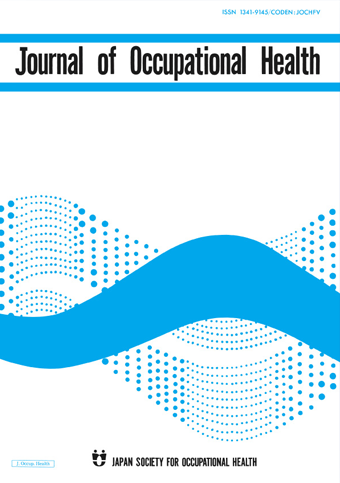Ethical Concerns in Workplace Wellness Programs: Do They Really Work?
Several companies globally now provide workplace wellness programs (WWPs) to support their employees adopt health promotion and protection strategies. In recent years, this has become a multibillion-dollar industry, and its value is expected to increase by 2022. But, why would corporate giants spend money for health promotion among employees? It is estimated that a WWP saves up to 6 USD in medical expenses, and hence there is a monetary benefit for employers to adopt WWPs. However, with this arise some ethical concerns, which have not been discussed.
We reviewed the literature on ethical analytical tools to understand the ethical concerns that need to be addressed. We found three major categories. The first was principle of autonomy, which suggests that everyone should have a right to make decisions for themselves and employers cannot force any particular WWP onto their employees. Second, the principle of beneficence/non-maleficence suggests that the objective of the program should be to provide unbiased unadulterated information about the pros and cons of the program. A WWP should be beneficial, and employers should ensure that the programs have no harmful effects. Third, the principle of justice suggests that accessibility to the WWP should be equitable and all members of the community should be treated equally regardless of their disparities.
Along with the ethical concerns, we also listed a number of tools and approaches that practitioners can utilize to overcome the ethical challenges listed above. Employers must give choice to their employees so that employees can choose the less coercive or burdensome intervention. Moreover, all stakeholders must be included in the process and transparency should be maintained in the execution of the intervention. This means that all stakeholders must have a say in not only the choice of interventions but also the necessity and effectiveness of these interventions. Moreover, there is a need for honest communication and partnership in addition to building reciprocal relationships with participants.
To conclude, WWPs need constant effort from practitioners to regularly ask how to provide better programs to the participants and strive for effective, transparent, and ethical public health interventions.
Link to the original journal article:
https://www.jstage.jst.go.jp/article/eohp/2/1/2_2020-0016-RA/_article
Is the workplace wellness program doing good?: ethical considerations around health promotion at workplace
Keisuke Kakimoto
Here are some ways you can make it easier for your plain-language summary to be discovered once it has been published:
- Upload the summary on your personal, lab/research group, or university website.
- Share the published content with peers and colleagues through your personal social media accounts (Facebook, Twitter, Blogs, and LinkedIn). Link this back to the journal’s social media promotions for your paper.
- Include the link to the published post in your email signature line.
News & Announcement
-
Mar 14, 2025EOH-P has been listed on PMC/PubMed!The articles published in EOH-P have been registered with PMC/PubMed, the U.S. Nation...
-
Jun 11, 2021Lay Summary page open!Lay Summary page provides you article summaries in order of study categories. You can...
-
Oct 1, 2019EOH-P is now released!The Environmental and Occupational Health Practice (EOH-P) has been released. Please ...
Journal Info
Average 46.14 days from submission to first decision
Average 120.95 days from submission to acceptance







